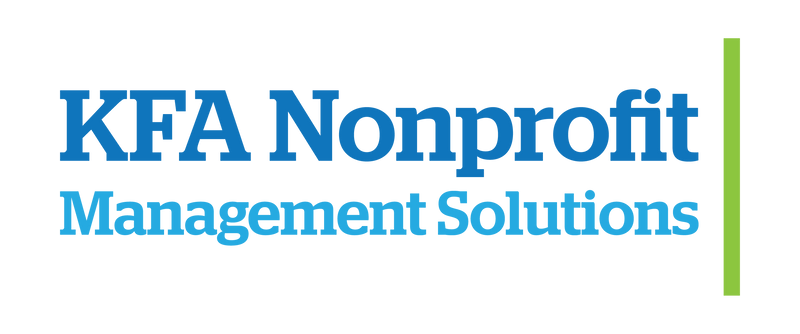
If you've ever searched online for a grant writer, you've probably run across all sorts of preposterous claims.
Many grant writers tout 100 percent success rates and guarantee your organization will receive grant funding if you secure their services.
Let me assure you of one thing. No grant writer bats a thousand.
Simply put, there are too many variables that can affect the outcome of a grant application. Even the most experienced grant writers won't win every grant competition. It just doesn't happen.
Grant writing success rates are arbitrary
You shouldn't look at an arbitrary success rate as a measure of a grant writer's worth. Here's why:
- If a grant writer only writes three grants per year to grantmakers with whom the organization has an established relationship, the grant writer could easily tout a 100 percent success rate, but they haven't actually done anything all that impressive.
- Grant writers are often pressured by clients or employers to write grants for which the organization is not eligible. This is more common among direct-hire grant writers; consultants are more likely to decline a project that they know is not likely to be funded. But it still negatively impacts a grant writer's "success rate."
- Perfectly great proposals sometimes aren't funded. A funding principle called "geographic distribution" is often to blame for this. An agency may have funded a disproportionate number of grants in the Southeast in their last competition so it places a priority on funding projects in the Midwest and Northeast in the next cycle. Unfortunately, geographic distribution priorities often aren't published in the RFP, but you might be able to see funding trends by doing a little homework.
- A grant writer who is required to meet target ratios will only pursue the surest funding possibilities. Going out on a limb to pursue new funding sources or seeking funds to support diverse projects can have a dramatic impact on an organization's revenue, but isn't likely to happen if the grant writer can't or won't take chances.
These are no means the only reasons a grant writer's batting average may seem really good or really bad, for that matter.
And they're by no means a cop out. They are simply realities of the grant writing world that grant writers -- and the organizations that hire them -- should be acutely aware.
Characteristics of a successful grant writer
While batting averages are irrelevant and there is no one-size-fits-all way to evaluate grant writers, a few general principles can be applied to choosing the right grant writer for your organization.
- Knowledge - Choose someone who is clearly knowledgeable about the world of grant funding. Like any industry, grant writing has its own terminology and processes. An inexperienced grant writer might not be able to navigate complex RFPs.
- Expertise - Find a legitimate grant writer who has written funded proposals. Look for a grant writer with experience in the type of grant you want to pursue. A federal clinical research grant is much different than a grant from a community foundation.
- Familiarity - A talented grant writer can formulate a winning proposal for any type of project without having first-hand knowledge or experience in a particular field, but a grant writer who really wants your business will do their homework and have a good general idea of your organization's goals and principles before they start on the first proposal.
- Clarity - Set clear expectations both ways. The grant writer should be able to tell you exactly what you are getting for your money (i.e. X number of proposals, an estimate of the number of billable hours your project will require, etc). And the client or hiring organization should be able to tell the grant writer exactly what resources will be at their disposal (i.e. key points of contact, funding priorities, existing funders, etc).
Become a better grant writer
At KFA, we believe the best grant writers are those who know their organizations intimately, who understand the nuances of their specific niche within the nonprofit world and who are passionately devoted to the overall mission.
That's why we offer a suite of grant-writing education products to help you do more, better. Learn about our ebooks and self-paced grant writing course and get started on the path to winning grants for your nonprofit!
